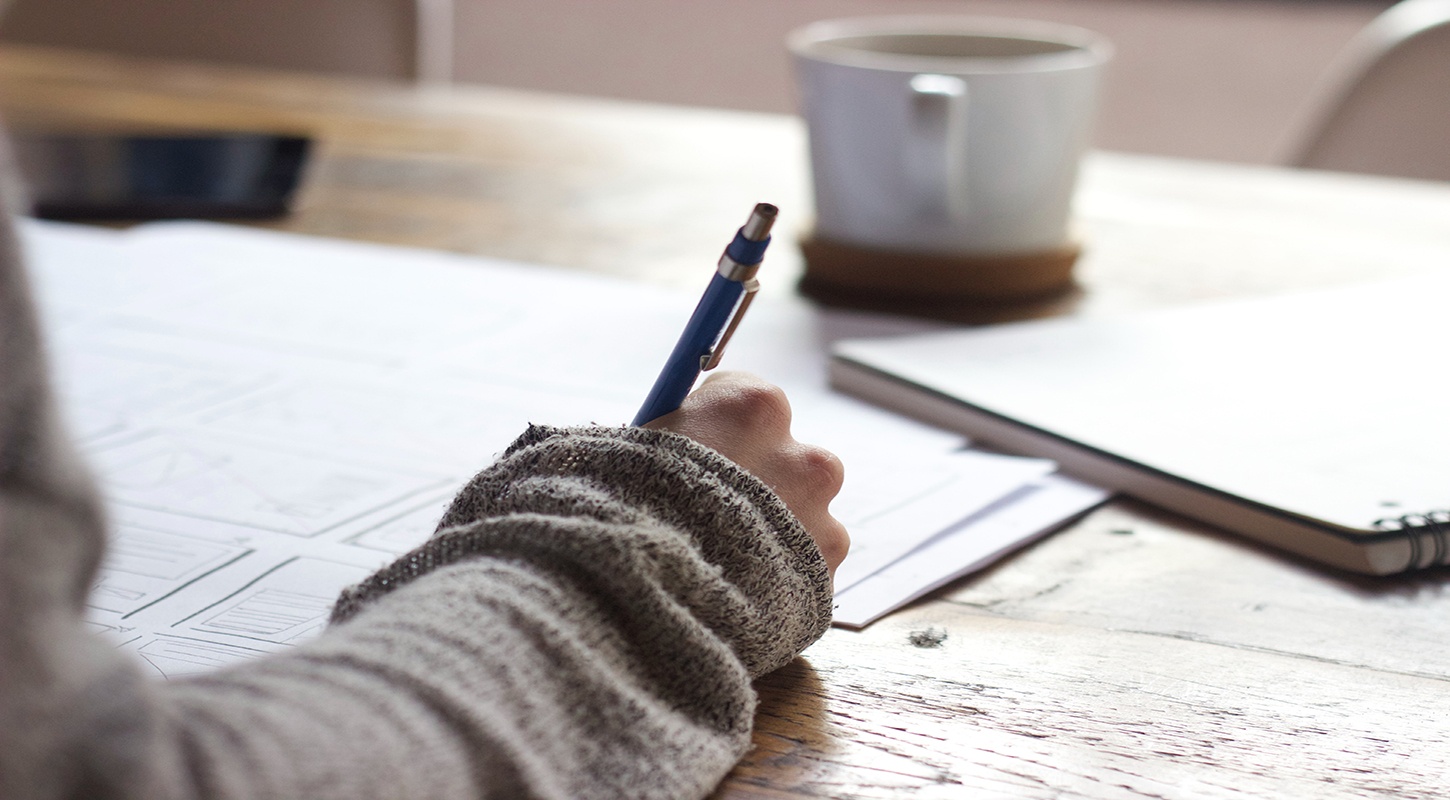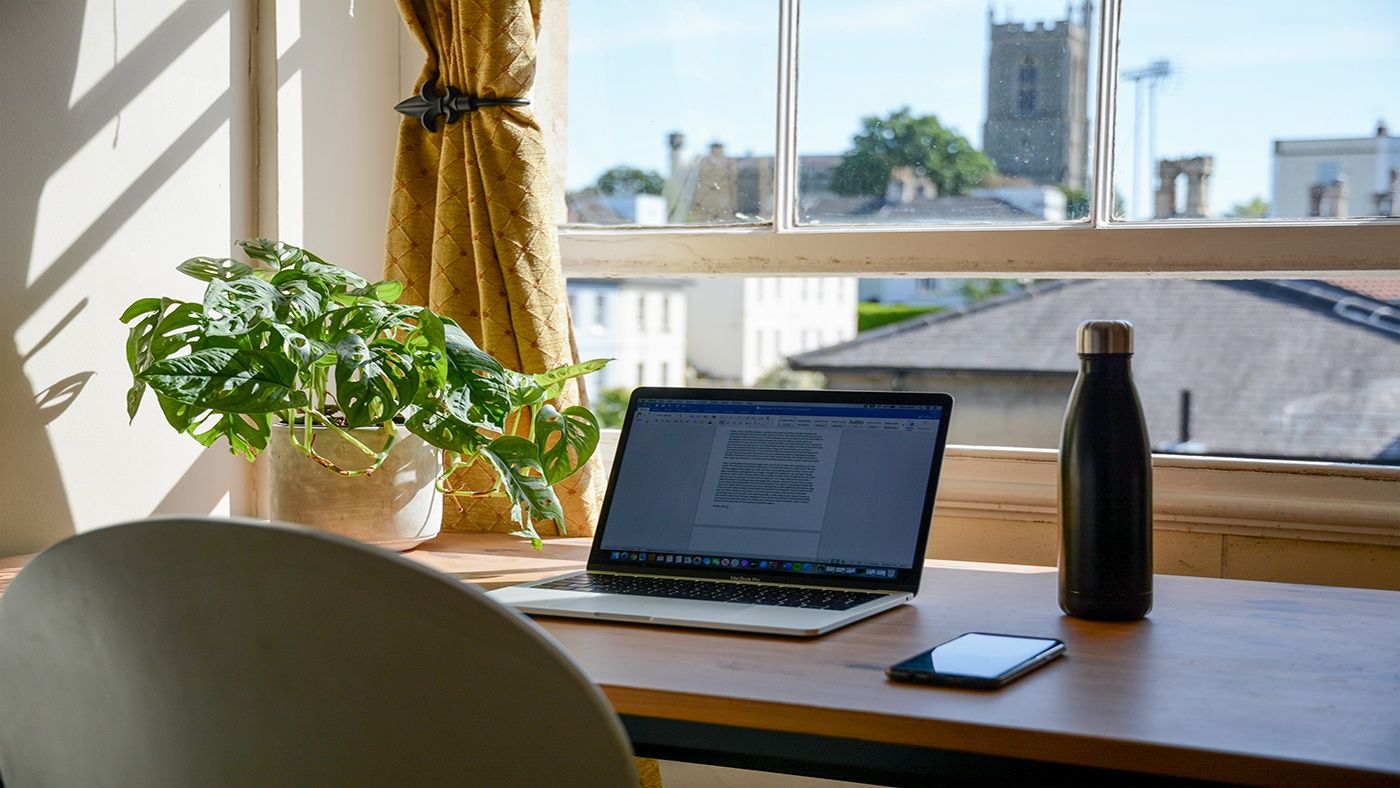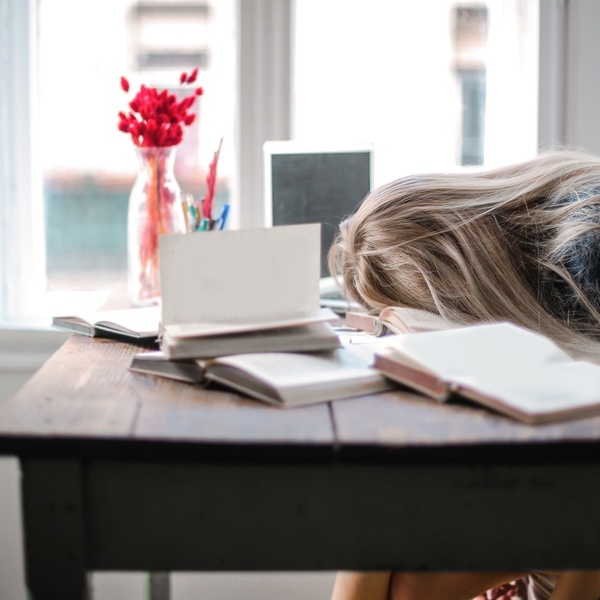“How to study at home?” It is one of the most frequently asked questions by students, because, despite the numerous existing advantages, doing so can be a great challenge.
At home, procrastination and distraction can prevent you from fulfilling your tasks and staying true to your schedule. Watching Netflix, taking a nap, browsing social media or other activities are big productivity killers that keep you from your goals.
Fortunately, there are some tricks you can use to be more productive in your studies. In this article, we leave you 5 tips for studying at home that will help you stay focused and produce more.
How to study at home: 5 tips
Learning to study at home in the most effective way possible not only allows you to achieve the goals you set when you entered college but also prepares you for the world of work.
If you want to know how to study at home efficiently, read the tips below.
1. Find your ideal space
Choosing a home study space is a good starting point. Although the temptation to lie on the bed and work on the comfort of the mattress can be great, it is much better to study sitting on a chair, with a flat surface in front of you, like a table.
Working in front of television is also not a smart idea. Lack of natural light can often be a problem when sitting in front of a screen all day, so positioning yourself near a window can reduce pressure on your eyes and make you less tired.
Also make sure that the study space is clean and tidy enough to put your stuff on.
Not everyone likes to work in quiet environments, so if studying in busier places, like cafes or terraces usually works for you, replicating that atmosphere with some soft instrumental music in the background can be a good idea.
If you live in a student residence in Lisbon, meeting in a common area to study with other residents around you can also be a good option.
2. Create a daily routine that works for you
Procrastination is not your friend and tends to turn into a nightmare. To avoid this recurring postponement of tasks, invest some of your time in planning your weeks.
Define your specific goals and tasks and allocate each one to your agenda. It is important that you create and block time out for each of the tasks and that you strive to fulfill as much as possible with what you set out for each day.
Doing this routinely will reduce your anxiety levels, improve your ability to organize and focus as well as leave you feeling like you have everything under control. A wonderful feeling of accomplishment can really improve your performance and study.
3. Avoid your phone while studying
One of the most effective study tips or techniques is keeping your phone away while studying.
If you often give in to the temptation to scroll through social networks or send messages to your friends when you’re studying, you really need to find the best way to stop picking up your phone, as this is really one of the biggest enemies of efficient study.
For some people, turning off their phone and placing it away from the study area is an effective method. Other things you can do to avoid touching your smartphone at these times are:
- Temporarily delete some apps you use most often.
- Temporarily deactivate your social media accounts.
- Choose to use your phone only during breaks.
4. Avoid your phone while studying
Eating well and exercising will give you the extra boost you need to start studying better.
Make sure you have healthy food in the kitchen and eat several times a day. In addition to eating well, it is very important that you stay active. Physical activity will improve your ability to learn and store new information. In addition, it will make you feel more motivated and energized to study.
Also remember that sleeping the necessary hours to feel good and energetic will greatly improve your ability to concentrate.
5. Take regular breaks and rest
Giving yourself regular breaks is just as important as studying. Switching between courses or making notes to listening to podcasts or going for a walk can help you fight monotony.
Even if you feel comfortable working for a long time in a row, your study will become more effective if you combine study activities with leisure activities and regular breaks.
The worst thing you can do during long periods of study is to isolate yourself. Social interaction during breaks will also benefit you mentally and make you feel less alone.
While it seems convenient, studying at home can be difficult – procrastination and distractions can easily occur. But with a little planning and organization, it can be an effective and comfortable place to study.
Try these tips for studying at home to help you stay focused and be more efficient, and enjoy the results!






